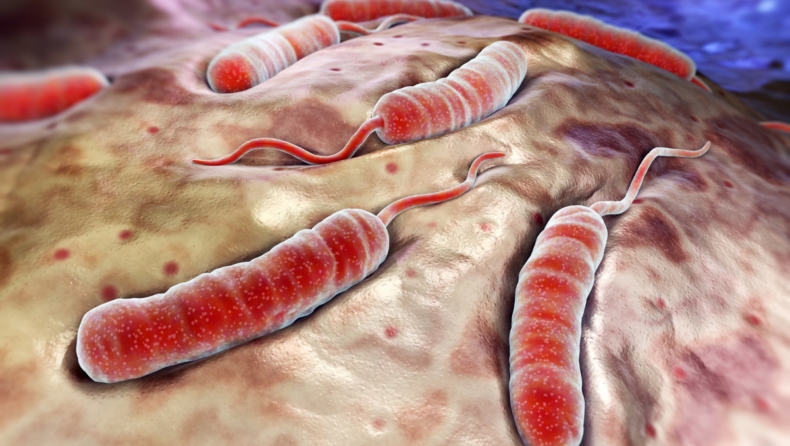Cholera-causing bacteria were found in samples obtained from soft shell turtles at a food store in Wuhan, provoking a few Chinese social media users to draw analogies to the beginning phases of the Covid-19 outbreak.
The outbreak of COVID-19 had us with too many deaths and aftermath crises. As we are slowly and steadily recovering, there are rising conspiracy theories.
The early infections of Covid-19, which were linked to the Wuhan Huanan seafood market and probably wildlife traded there, are brought back by its finding in a human and now animals.
Even if the coronavirus’s exact origins are unknown, China’s food and health systems are currently the subjects of entirely unknown inspection as cholera spreads in the initial outbreak hotspot.
According to a statement released by regional health experts on Thursday, the Baishazhou market was cleaned, and turtle-related businesses will be shut for three days.
Read more: India concern on misuse of biological weapons
The strain is unrelated to the cholera case diagnosed this week in a student at Wuhan University, and no cases of the disease have been discovered in persons who had contact with the animals.
What is Cholera? In a Nutshell.
Cholera is a highly contagious disease that can result in life-threatening cases of acute watery diarrhea. After consuming infected food or water, it can take anywhere from 12 hours to 5 days for a person to begin exhibiting signs of the illness.
Cholera is a disease that can strike both children and adults and can be fatal within hours if it is not treated.
Cholera is a highly uncommon disease in China, with only five confirmed cases in 2021 and 11 in 2020 but no casualties.
Health workers monitor goods from the same batch as the animals, which have been distributed elsewhere, and have already exterminated the afflicted turtles.
A Weibo user tweeted,
“Take the lesson of COVID and hurry up in source tracing to secure evidence!!!”
On Monday, the city of Wuhan, which has a total of over 12 million people, said that the cholera case that occurred in a university student in the town did not end in any additional illnesses.













